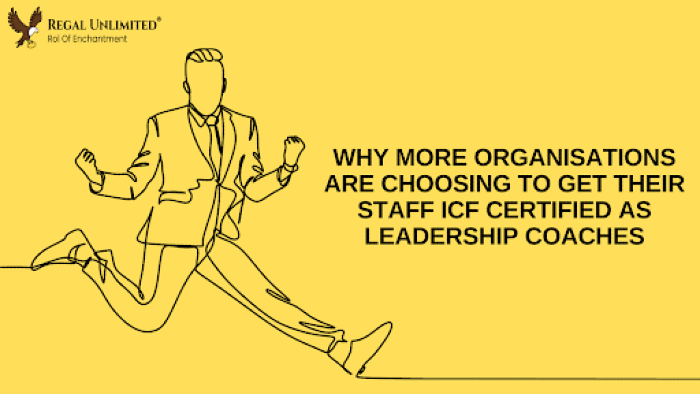The #Workplace Is Now the Fifth Leading Cause of Death in the U.S. (Above Diabetes).
Hopefully, this doesn’t resemble your workplace or your health may be in jeopardy. WORK-LIFE ‘iMBALANCE’?!
We all know that stressful workplaces can do a number on our physical and mental health (I’ve been there too at the physical, mental & emotional level, in spite of my orientation towards spirituality).
But #DYK it can literally kill you?
Stanford professor Jeffrey Pfeffer’s scientific analysis of the causes that lead to death at work was recently published in his book, Dying for a Paycheck. Along with colleagues Joel Goh and Stefanos A. Zenios, the researchers reviewed 228 studies to explore 10 common sources of workplace stress destroying the health of U.S. workers.
10 Common Workplace Stressors:
- No health insurance
- Exposure to shift work
- Long hours/overtime
- Job insecurity
- Work-family conflict
- Low job control
- High job demands
- Low social support at work
- Organizational injustice
In an interview with the Chicago Tribune, Pfeffer shared an eye-popping mortality statistic:
We found that there are basically 120,000 excess deaths per year attributed to these ten workplace conditions and they cause approximately $190 billion in incremental health care costs. That would make the workplace the fifth leading cause of death in the U.S. — higher than Alzheimer’s, higher than kidney disease.
Pfeffer says approximately 5 to 8 percent of annual healthcare costs are associated with and may be attributable to how U.S. companies manage their workforces. His team used four methods of reporting employee health to examine the ten stressors, including doctor-reported illnesses, mortality rates, self-rated physical illnesses, and self-rated mental illnesses. (Courtesy @Inc.)
-
What makes our workplace so dangerous?
-
Is it only physical health, or also mental, emotional, spiritual health?
-
What is our underlying belief in health & wellness?
One I have come up often with ‘successful’ corporate leaders is at a subconscious level we feel it is ok to ignore wealth or any other aspect (relationship) in pursuit of success at work. Is it really the success? is it worth it?
-
Whose responsibility is it? Only leaders, or every one of us, in the corporate, and outside? All stakeholders, within & outside?
- What would it take to heal the workplace?
#ExecutiveCoaching #CoachTraining #Healing at https://www.regalunlimited.com by trained, certified, credentialed coaches, mentors, and healers. #BeRegal #RegalCoaches



